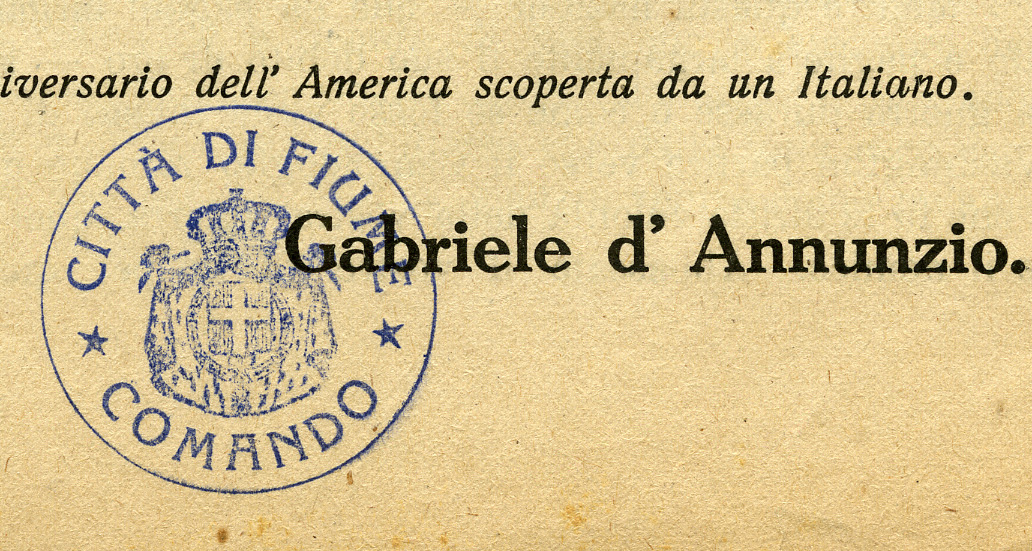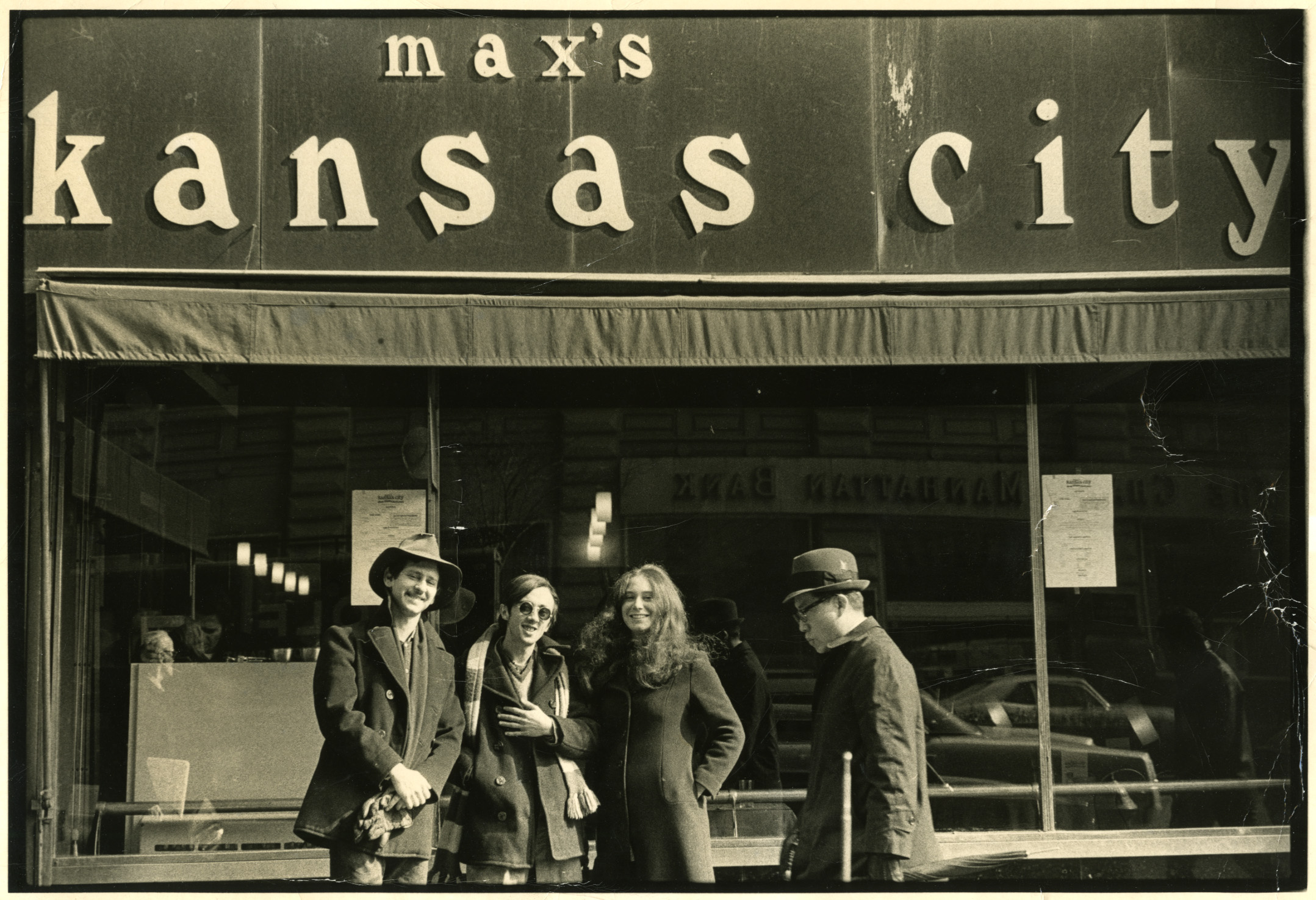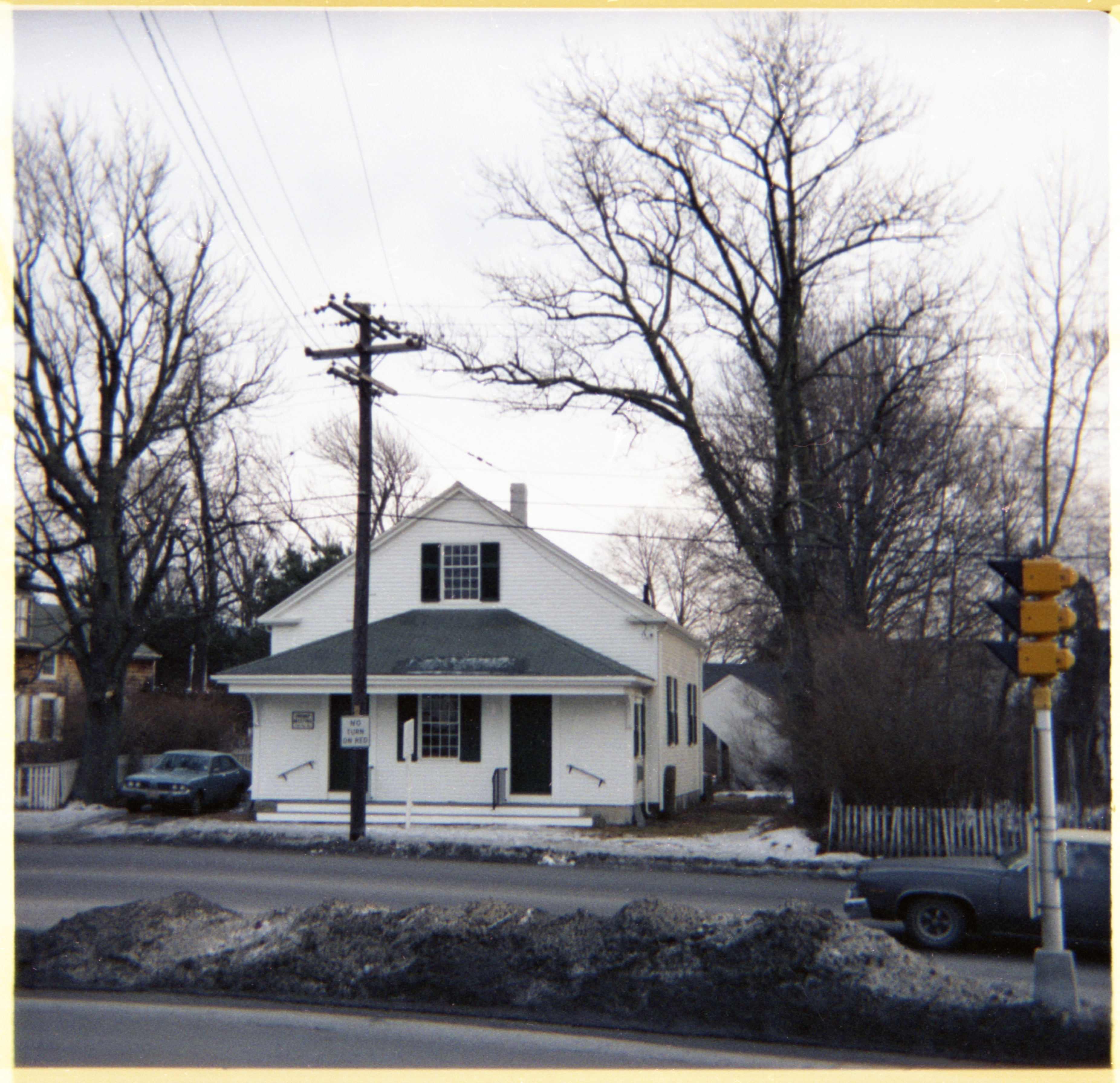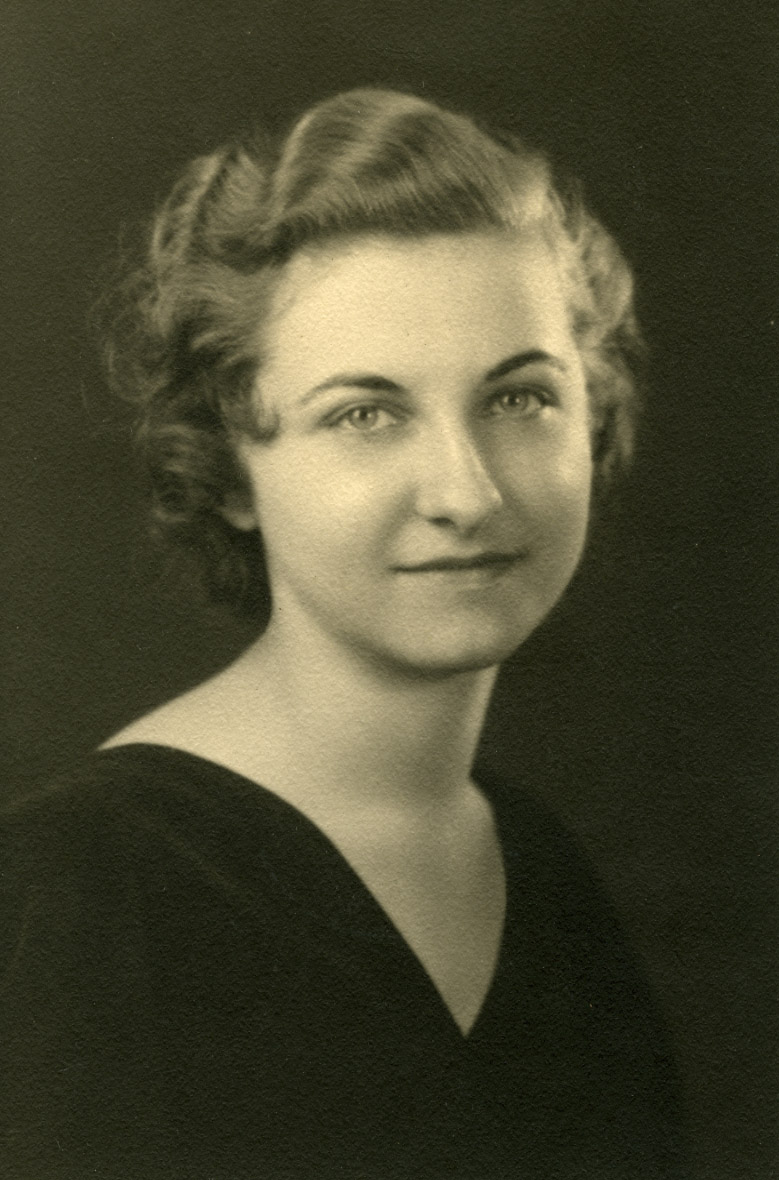Dall Family Correspondence
1810-1843
2 boxes 2 linear feet
Call no.: MS 282
Chiefly correspondence from various Dall family members in Boston, Massachusetts, particularly father William Dall, Revolutionary War veteran, merchant, businessman and former Yale College writing master, to sons William and James Dall in Baltimore, Maryland. Letters of son James Dall, then a student at Harvard University, provide accounts of Boston political and cultural activities of the time.
The correspondence documents the daily changes in the life of a merchant’s family in the early 19th century, reflecting anxiety over trade restrictions, embargoes, and other economic disruptions resulting from the War of 1812. The elder Dall (William 3rd) and much of his family lived in Boston, but two sons lived in Baltimore. The bulk of the correspondence consists of letters to the younger son, William 4th, who was then apprenticed to a Baltimore merchant. The letters of son James Dall, then a student at Harvard University, provide accounts of Boston political and cultural activities.
Acquired 1989
Subjects
Baltimore (Md.)--BiographyBaltimore (Md.)--Economic conditions--19th centuryBoston (Mass.)--BiographyBoston (Mass.)--Economic conditions--19th centuryBoston (Mass.)--Intellectual life--19th centuryBoston (Mass.)--Politics and government--19th centuryDall familyFamily--United States--History--19th centuryHarvard University--StudentsMerchants--Maryland--BaltimoreMerchants--Massachusetts--BostonContributors
Dall, James, 1781-1863Dall, John Robert, 1798-1851Dall, John, 1791-1852Dall, Joseph, 1801-1840Dall, Maria, 1783-1836Dall, Rebecca KeenDall, Sarah Keen, 1798-1878Dall, William, 1753-1829Dall, William, 1794 or 5-1875





